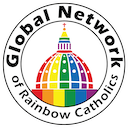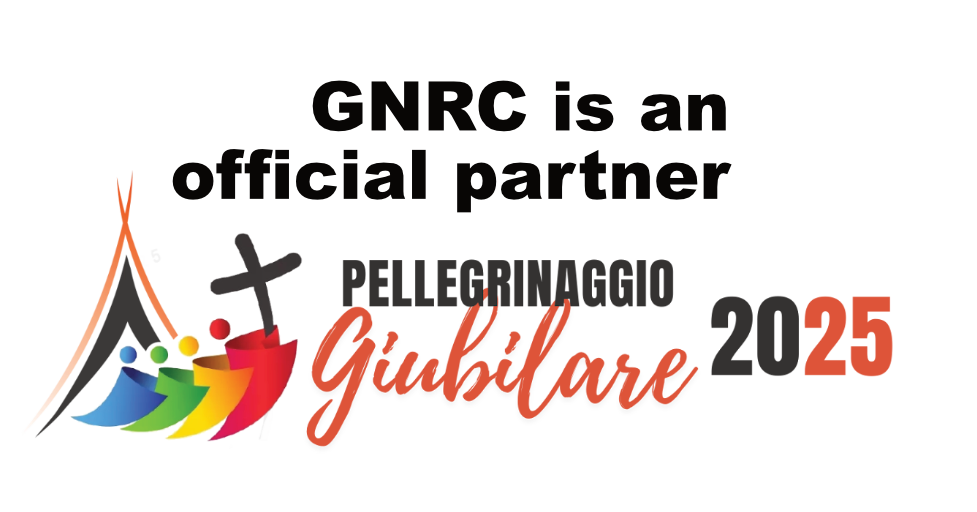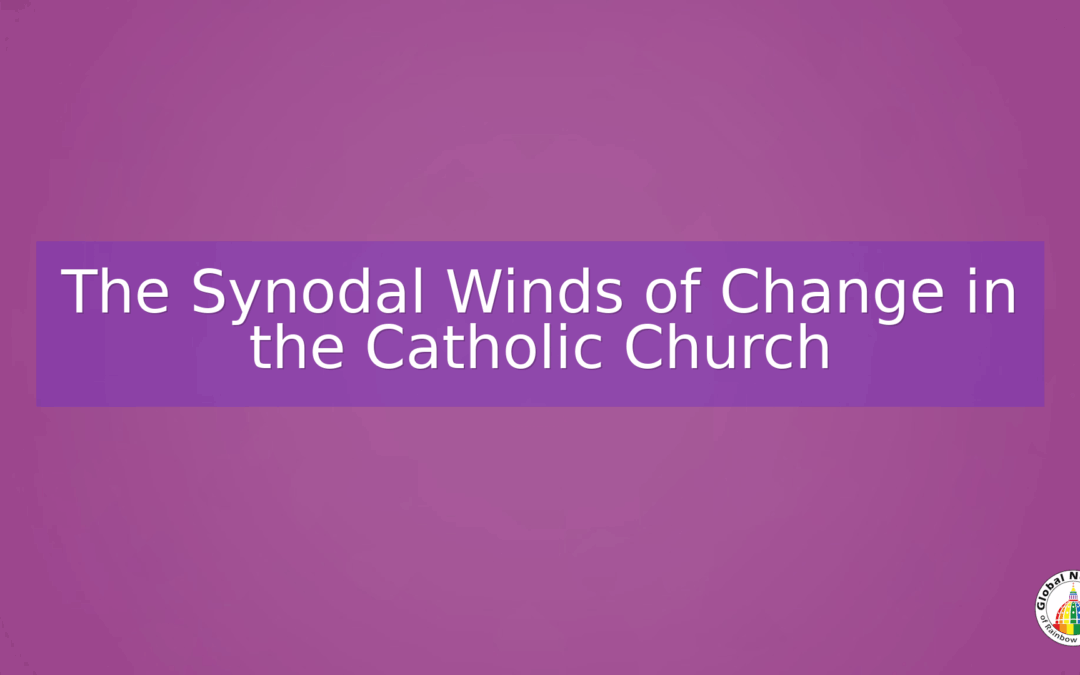In these weeks, two signs have arrived from the heart of the Church: the Italian Bishops’ Conference has confirmed a series of pastoral proposals for LGBT+ people, and the General Secretariat of the Synod has released the recent Presentation of the Study Group. Taken together, these documents offer a picture of a Church in movement — cautious, yes, but genuinely opening spaces of listening, discernment, and pastoral closeness. For many in our communities, they represent a moment of hope that deserves to be named and understood.
The Episcopal Conference of Italy and the recent publication by the General Secretariat of the Synod’s Presentation of the Study Group give the LGBT+ community much hope and occasion for joy as we look forward to working more closely with the church hierarchy. The Italian Bishops Conference clearly sets a path of work in all their dioceses to accompany and integrate all members of the LGBT+ communities. We also find encouraging signs in the Synod Presentation, where a more nuanced approach has emerged: our communities are no longer framed as “problematic” but rather as “emerging issues” that the Church intends to study, listen to, and address. And importantly, the lens through which local culture and tradition shape faith will be treated with sensitivity through a pastoral approach.
Agnes Burg, a GNRC Board member, states: “This opens space for dialogue and relationality in a shared dynamic of learning: life of the believer and doctrine stand in mutual interaction. To facilitate this dialogue, experts from diverse backgrounds and competencies are consulted and their feedback taken into account. The Church observes, listens, invites and promises transparency in the development of theological and spiritual principle expressions.”
Elsewhere, Don Andrea Conocchia, a priest from Torvaianica who has been walking alongside several women from his parish, some of whom are trans, some carrying the weight of the street, was present at the Vatican lunch for the poor on 16 November. They were invited simply as people, with their names, their stories, their dignity. The tradition began under Pope Francis and continued this year under Pope Leo. “It went well, there was a fraternal and joyous atmosphere,” Don Andrea said.
In an interview with Gionata he states:
“We must recognise the dignity and humanity of the person in front of us who is just like me, like us, of our shared humanity. At the heart of the Gospel, we find Christ close to those on the margins, especially those who are discriminated. We are reminded that we are a masterpiece of God, unique and much loved by God exactly as we are.”
We see change afoot after the many years of active engagement with the synodal process. The next step is to bring this change close to home: in our parishes, in our dioceses, in our everyday ecclesial life, so that an inclusive and affirming Church may grow — one in which all are seen and treated as that “masterpiece” of God.


